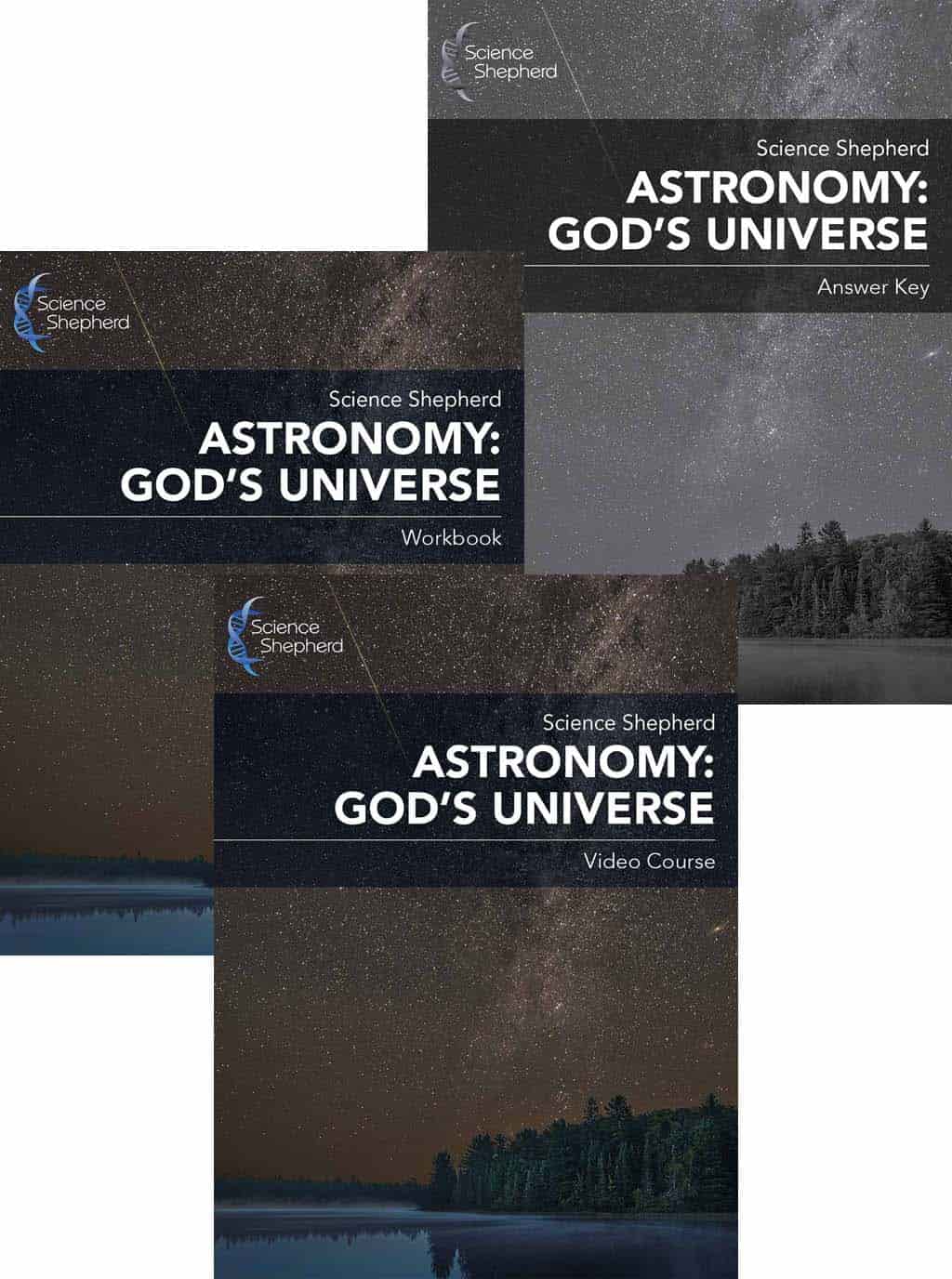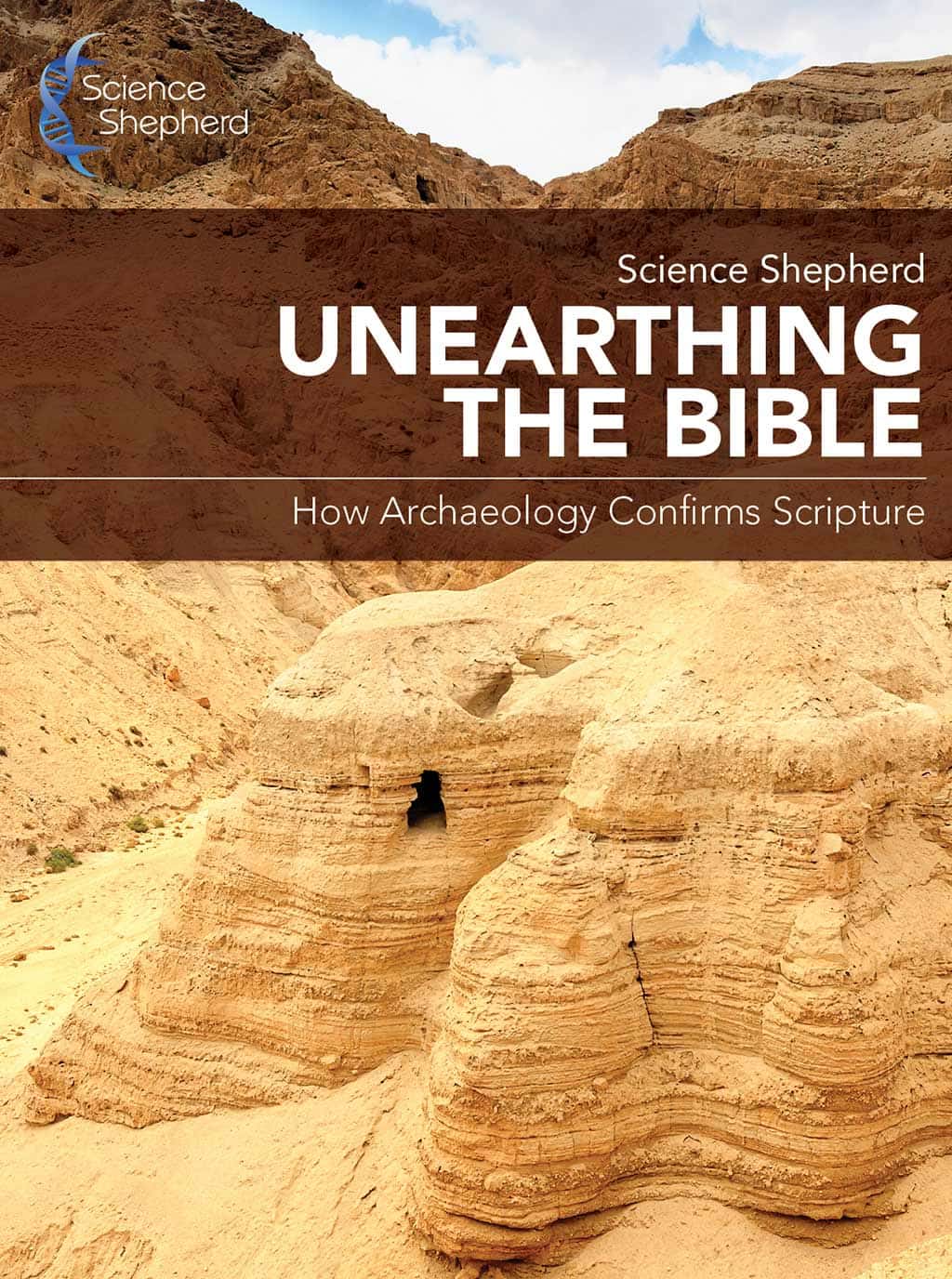Salmon Evolution, Or Adaptation?
by Dr. Scott Hardin MD December 11, 2018 4 min read

The Evolutionary Scientific Blunder
This article is a good place to start as we strive to provide more content because it reveals the major evolutionary scientific blunder - evolutionists do not understand the genetic implications of their theory. The evolutionary establishment clearly understands that without an evolutionary mechanism, they have nothing other than some really complex bedtime stories, but over the past 20 years there has been such a strong desire to "prove" evolution can genetically happen that all reason has been lost. As a result, the evolution model has been placed in an irreconcilable situation - adaptation has been substituted for actual "evolution" and no one in the evolutionary establishment seems to understand the difference (well, there are some, but no one seems to listen to them).
In this article by Michael Marshall (evolutionary biology writer at Forbes), we learn that a single gene (vgll3) is responsible for Atlantic salmon being older before they are sexually mature, and it has become 18% less common in the past 36 years. The effect is that salmon are younger when they reach sexual maturity than they used to be when they started to measure this 36 years ago (yes, I know, I know...I won't get too deep into commenting on the absurdity of a scientific observation of something that has occurred over a 36 year span of a supposed millions of years old fish species leading to the conclusion that the change being observed is something new in the history of said fishy).
Now, commenting on the pseudo-scientific tripe that Mr. Marshall puts forward as to why the salmon are declining could be the focus of a different post, but for this one I want to focus on the evolution direction the article takes. We are informed of things like, "It is not clear why the salmon are evolving to be smaller at maturity"; "It would be misleading to say that the salmon's evolution is a good or bad thing"; "This study is also a reminder that evolution can act rapidly when it has to." Indeed, one of the study's authors said, "This is another example of de-bunking the myth that evolution takes millions of years." I will also get into the scientific silliness of the "evolution takes hundreds of millions and billions of years, except when it doesn't" concept at a later time.
Adaptation Isn't Evolution
Well, it seems pretty clear, then - salmon are evolving . . . except that they aren't, really. They aren't because what is being described is adaptation, and adaptation isn't evolution. Oh, yes, evolutionists tell us it is, but rationality tells us it isn't. Even if we believe the fairy tale of evolution for a second (and I did, until about half way through medical school), we would immediately understand that adaptation is the result of natural selection acting on already existing traits of a population over time. Adaptation does not result in the development of new traits that never-before existed because, by definition, adaptation can only act on already present genetic material. In order for evolution to occur - for a fish to transform into an amphibian, or an amphibian into a lizard, etc. - you need to have a process that literally creates new genetic material that never-before existed in the living world. Adaptation doesn't do that. It can't. Natural selection has "nothing to act on" unless the trait is already present. Can adaptation happen quickly? Oh yes, adaptation has been scientifically observed to happen "very quickly" - in decades, many times. By the way, adaptation leading to changes in traits "rapidly" is entirely consistent with the prediction of the creation model and is a decidedly anti-evolution observation. The creation model doesn't need to "de-bunk" any myth of how fast adaptation occurs because the creation model doesn't put a time stamp on it...it happens as fast as it is observed to happen and isn't it nice that scientific observations in that regard are entirely consistent with an earth that is 6,000 years old and biological diversity that is 4,000 years old?
. . . what is being described is adaptation, and adaptation isn't evolution.
Adaptation being equivalent to evolution is the evolving evolutionary mantra . . . really, it has to be, because there isn't anything else. The realization that "nothing new" can arise via natural selection should at least be the death knell to "adaptation is evolution" nonsense. Adaptation is not evolution, but very few in the evolutionary game understand that. I think they are the victims of deception, rather than perpetrating deliberate deception. The confusion on the part of the writer, and even the scientists themselves, is understandable to some extent since over the past 20 or 30 years, the evolutionary establishment has defined evolution to mean something that it isn't. Now, evolution is simply defined as "change." Isn't that convenient since the only thing that IS universally scientifically observable is that organisms change over time.
But evolution is NOT change in general. It is a specific type of change. Evolution is not a change in allele frequency, which is what this article describes is happening with vgll3. The allele that controls later sexual maturity is declining in the Atlantic salmon population. So what, from an evolutionary standpoint? If in 30 or 40 more years, salmon reach sexual maturity as soon as they hatch, all you have are Atlantic salmon that are sexually mature as soon as they hatch. There is no new trait in the salmon population that never-before existed. The Atlantic salmon are still salmon. If changing allele frequency is what evolution is and evolution truly did explain how we got here, then there wouldn't be any "us" here. There'd only be a bunch of bacteria.
Philosophy & History of Origins
 Interested in better understanding the background and scientific merits of Creation and Evolution? Check out our newest book, The Philosophy & History of Origins: A Practical Look at the Scientific Merits of the Creation and Evolution Models.
Interested in better understanding the background and scientific merits of Creation and Evolution? Check out our newest book, The Philosophy & History of Origins: A Practical Look at the Scientific Merits of the Creation and Evolution Models.
Until Next Time!
Science Shepherd
Sign-Up Today!
Subscribe for the latest news and receive 10% off and a FREE resource!
Recent Articles
Categories
- Anatomy & Physiology
- Astronomy
- Biology
- Board Books
- By Grade
- Chemistry
- Creation
- Curriculum
- Earth Science
- Evolution
- Free
- Giveaways
- Homeschool Help!
- Homeschooling
- Interview
- Introductory Science
- Life Science
- News
- Physical Science
- Physics
- Reviews
- Sale
- Science
- Science Challenge
- Science Focus
- Unearthing the Bible
10% Off Your Next Order
Subscribe to our newsletter and we'll send you a code for 10% off an order
plus a free download of 5 Scientific Ways Your Kids Can Defend Their Faith.










